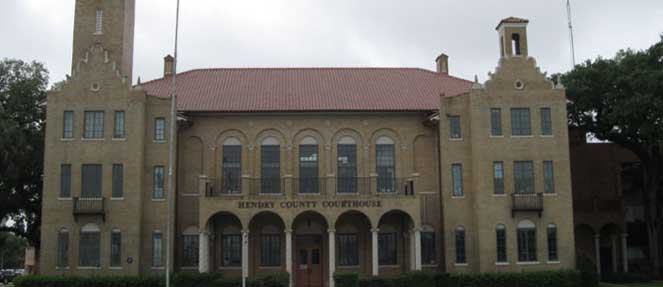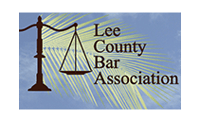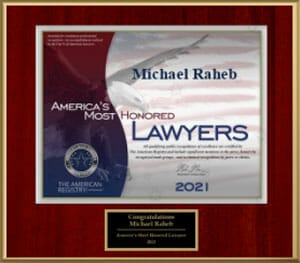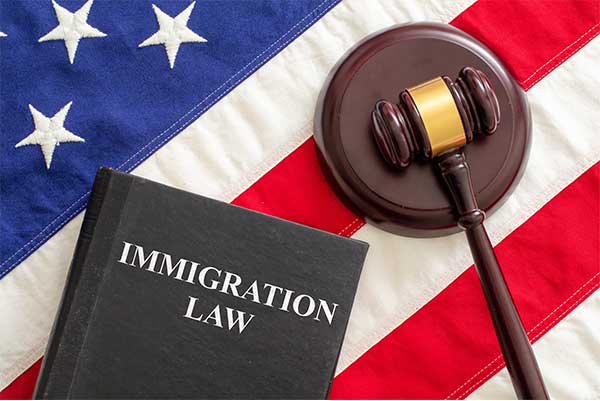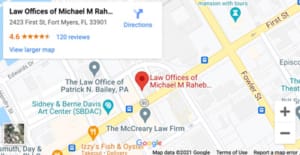This case is a must read for DUI Lawyers
Contracts — Non-competition covenant — Jurisdiction — Non-residents — Action by plaintiff who purchased defendants’ business assets and then entered into employment agreement with them, alleging defendants breached agreement by competing with plaintiff under a new name — Forum selection clause cannot operate as sole basis for Florida to exercise personal jurisdiction over non-resident defendant — Breach of contract — Plaintiff failed to allege that defendants were to perform or failed to perform any acts in Florida, thereby constituting a breach of any of the agreements entered into between the parties, where plaintiff alleged only that defendants breached non-compete portion of employment agreements by soliciting customers outside of Florida — Substantial and not isolated activity within state — Submission of orders to plaintiff’s Florida warehouse for shipment to out-of-state customers was insufficient to establish systematic and continuous contacts with state under section 48.193(2) — Due process — There were not enough minimum contacts with Florida by defendants to satisfy due process — Remand with instructions to enter order granting motion to dismiss
Reported at 35 Fla. L. Weekly D940a
Constitutional law — Religion — “No-aid” provision in Article I, section 3 of Florida Constitution, which prohibits taking of state revenue from treasury in aid of any church, sect, or religious denomination or in aid of any sectarian institution — With regard to count alleging that use of state funds by Secretary of Department of Corrections to support faith-based substance abuse transitional housing programs of sectarian institutions violates no-aid provision, trial court erred in entering judgment on pleadings on ground that no-aid provision is limited to school context — Question certified: Whether the no-aid provision in Article I, section 3 of the Florida Constitution prohibits the state from contracting for the provision of necessary social services by religious or sectarian entities? — Trial court properly entered judgment on pleadings on count challenging contracts which were entered into with faith-based institutions on ground that plaintiffs lacked taxpayer standing — Trial court properly entered judgment on pleadings on count seeking to prohibit Secretary from delegating governmental authority and powers to chaplains pursuant to statute which requires that, prior to placement of an offender in a faith-based substance abuse transitional housing program, a transition assistant specialist must consult with a chaplain if an inmate requests and is approved for placement
Reported at 35 Fla. L. Weekly D956a
Criminal law — Speedy trial — Where defendant was charged within 175-day speedy trial period from his initial arrest date defendant was not entitled to automatic discharge upon expiration of 175-day period — Rather, defendant may invoke recapture provisions of rule 3.191 by filing notice of expiration of speedy trial time, at which point court must hold hearing within five days and then schedule trial within ten days — Defendant was not entitled to discharge where he did not file notice of expiration of speedy trial period — Petition for writ of prohibition denied
Reported at 35 Fla. L. Weekly D951a
Labor relations — Public employees — Unfair labor practices claim against union by plaintiffs who had been promoted out of bargaining unit and then returned to bargaining unit, alleging that they had been improperly placed at the bottom of the seniority list although the union had a duty under contract to place them on the seniority list at their seniority at the time of their promotions — Public Employees Relations Commission erred in affirming General Counsel’s dismissal of charges — Union violated plaintiffs’ rights by wrongfully placing them at the bottom of the seniority list and not crediting them with their prior earned seniority pursuant to collective bargaining agreement — General Counsel and PERC improperly based their decision on the fact that they could not determine whether a breach of duty of fair representation occurred because plaintiffs failed to file grievances — There is nothing in collective bargaining agreement that requires employees to file a grievance, and there no authority that requires that plaintiffs file a grievance with union when their grievance is with the union itself — Because complaint stated prima facie case that union breached duty of fair representation, PERC should have allowed plaintiffs to move forward to an evidentiary hearing, instead of summarily dismissing the charges — Plaintiffs are entitled to award of appellate attorney’s fees
Reported at 35 Fla. L. Weekly D961a
Pure bill of discovery — Action by homeowners association which had entered into agreement with adjacent homeowners association to acquire an access easement to a lake in exchange for payment of a percentage of the maintenance and security costs of the lake, alleging that it was being overcharged for cost of maintenance and security and seeking copies of contracts for maintenance of lake — Trial court erred in entering judgment for plaintiff on complaint for pure bill of discovery where plaintiff seeks copies of contracts only to determine if it has a cause of action, and the information contained in the sought-after contracts is relevant only to the issue of potential damages — Pure bill of discovery does not lie to see if a cause of action exists, and is not available to aid a potential plaintiff in determining the extent of its damages
Reported at 35 Fla. L. Weekly D954b
Torts — Automobile accident — Jury instructions — Intervening cause — Error to refuse to give plaintiff’s requested instruction that defendants were responsible for any damages resulting from any negligent or improper medical treatment — Jury confusion was apparent from note jury sent to judge during deliberations seeking guidance was to how to handle the defendants’ evidence that surgeon who treated plaintiff was “unscrupulous” — New trial required




